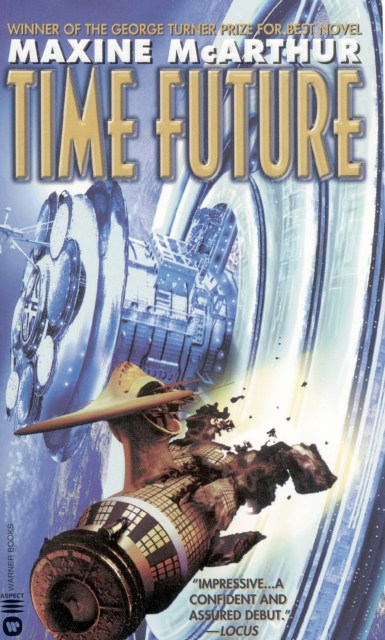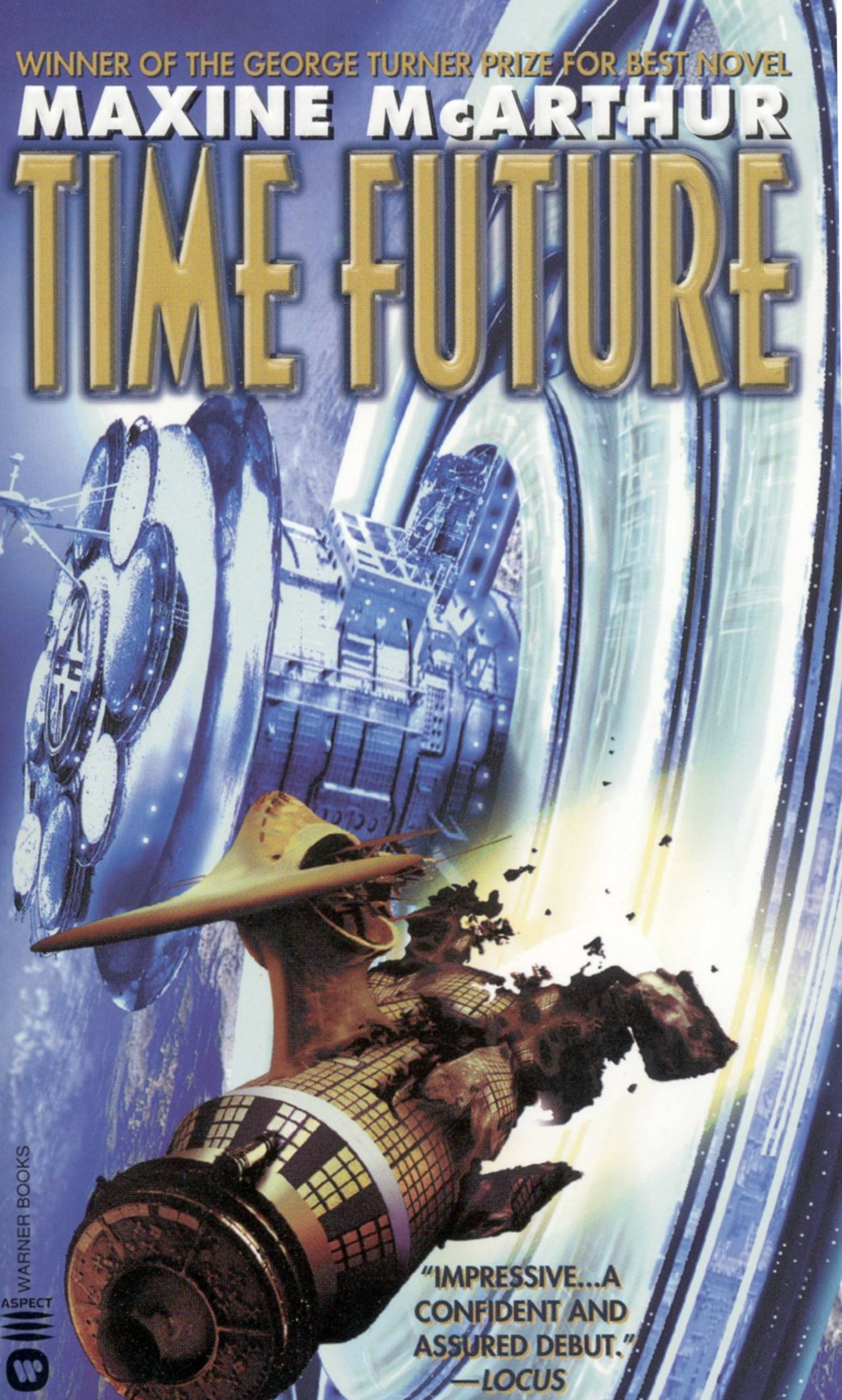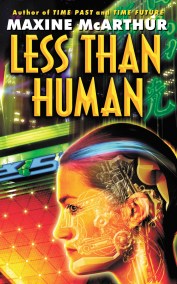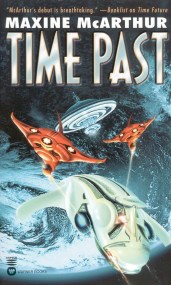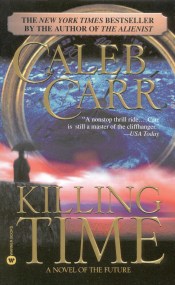Promotion
Use code FALL24 for 20% off sitewide!
Time Future
Contributors
Formats and Prices
Price
$24.99Price
$31.99 CADFormat
Format:
- Mass Market $24.99 $31.99 CAD
- ebook $10.99 $13.99 CAD
This item is a preorder. Your payment method will be charged immediately, and the product is expected to ship on or around June 1, 2001. This date is subject to change due to shipping delays beyond our control.
Also available from:
- On Sale
- Jun 1, 2001
- Page Count
- 464 pages
- Publisher
- Grand Central Publishing
- ISBN-13
- 9780446609630
Newsletter Signup
By clicking ‘Sign Up,’ I acknowledge that I have read and agree to Hachette Book Group’s Privacy Policy and Terms of Use
